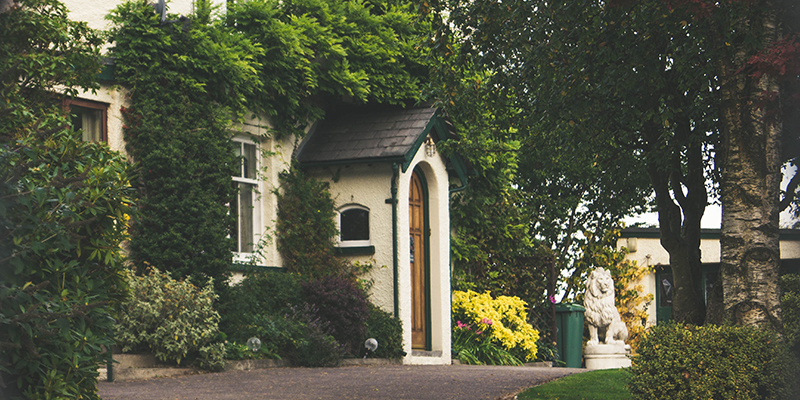For most couples, the marital home is the most significant asset they own, and both spouses generally want to keep the home. But the emotions tied to that decision differ from the financial realities of making it happen.
First, when a court confronts dividing the marital home, it will either award it to one spouse with an equity payment to the other spouse or order the house sold and the parties split the net proceeds. The first option can create real problems if the house has significant equity because the other spouse may not have the funds to pay the other spouse the equalizing share. Or, perhaps, one party put separate property into the house as a down payment, and now that money returns to the original party.
What can a spouse do in this circumstance?
The spouse can swap assets – the equity share in the house for part of the retirement savings, for instance. Or the spouse can refinance the house and include the equity payment to the other spouse in the refinance. Of course, doing this refinance means the spouse is paying significant interest to pay back the spouse.
In other situations, the house may not have much equity but one party still wants to keep it, necessitating a refinance to remove the other spouse from the mortgage. But to secure the refinance, the spouse must qualify, and given the low equity and the income of that spouse, it may not be enough to qualify. In these cases, streamline loans through FHA or HARP might be feasible.
Sometimes, a house may be underwater at the time of divorce – meaning that the market value is below the sum owed. When this happens, selling is not a great option because of the loss to each spouse. If the spouses can reach an agreement on who would remain in the house for a fixed period of time and who would make payments, they might be able to ride out the bad market and get to a point where they can sell the house at a profit. If spouses take this route, they should definitely execute a hold harmless agreement so that the spouse not responsible for mortgage payments is covered in the event the other spouse defaults.
As you can see, if one party cannot actually afford to carry the mortgage alone, the risk to the other spouse and the financial difficulty to the remaining spouse both get too high. In these situations, the best option would be to sell (indeed, if the parties could not agree, that is what the court would order).
The biggest mistake a party can make in a divorce is to keep a house without the ability to afford it, especially if that party also sacrifices some other assets to keep the house in the first place. Better to think with your head than your heart when it comes to the house.
If you have questions about the marital home and divorce, contact us – we can help.
